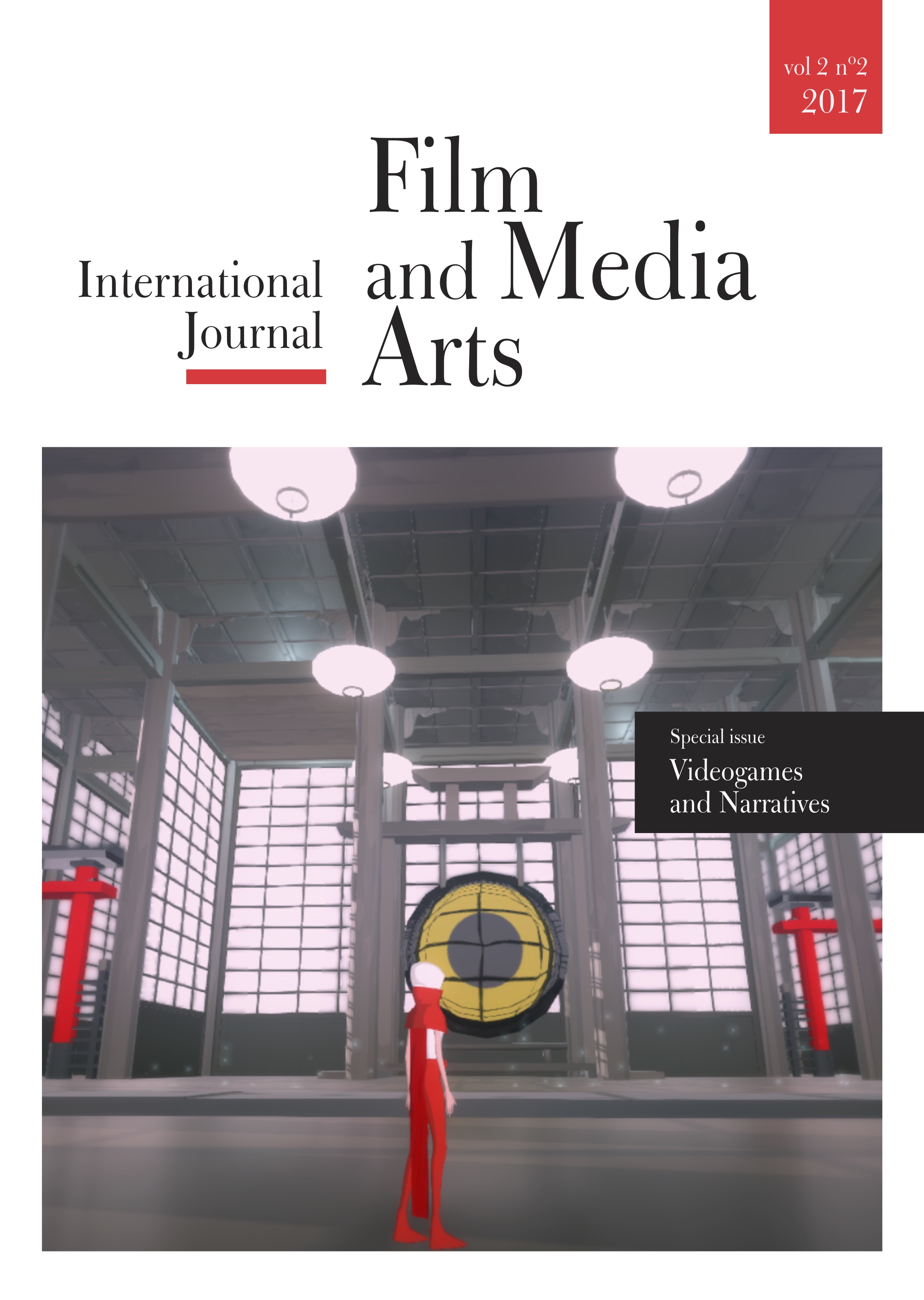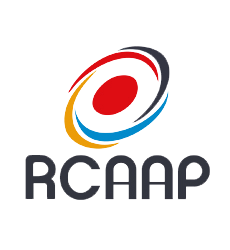GAMES CAN PLAY US
The power of disempowerment in “emotional engineering”
Abstract
With the paradox of interactive emotion as a starting point, this study will try to understand what is the cause for this limitation of video games’ emotional power, identifying some requirements for it to be overcome. Through this singling out, the concept of disempowerment is drafted as a model for theoretical inquiry, critical counterpoint and set of practices that stand opposed to the forces that go through, define and are themselves firmed on the diverse layers of the interactive experience. Beyond trying to grasp the emotional potential yet to realize and how the rupture with the established and expected practices may unlock it, the proposal of the disempowerment model will overflow the inside of the game experience. From its construction within a game to its use on discourse about video games, its importance on broader and interwoven dynamics will be highlighted. All along the way, a critical proposal will gain shape, which will seek to, cyclically, magnify video game's power as a medium of experiences and the power of the medium as a cultural object.











